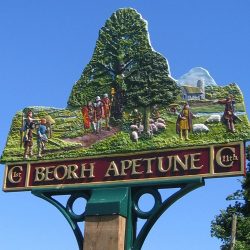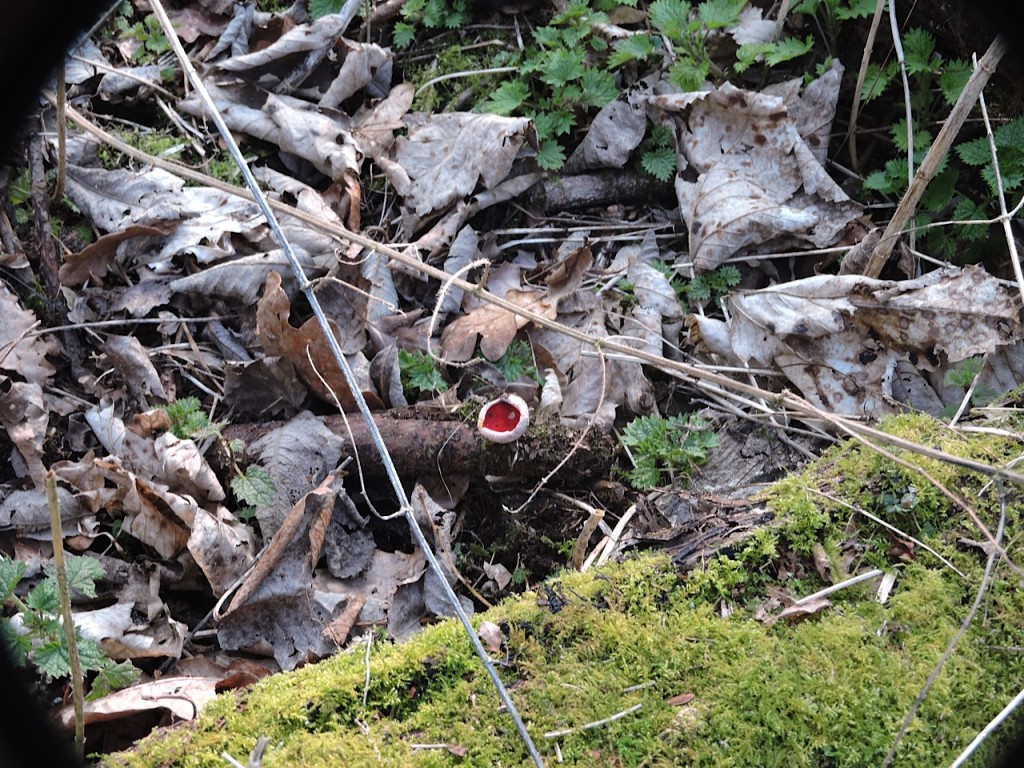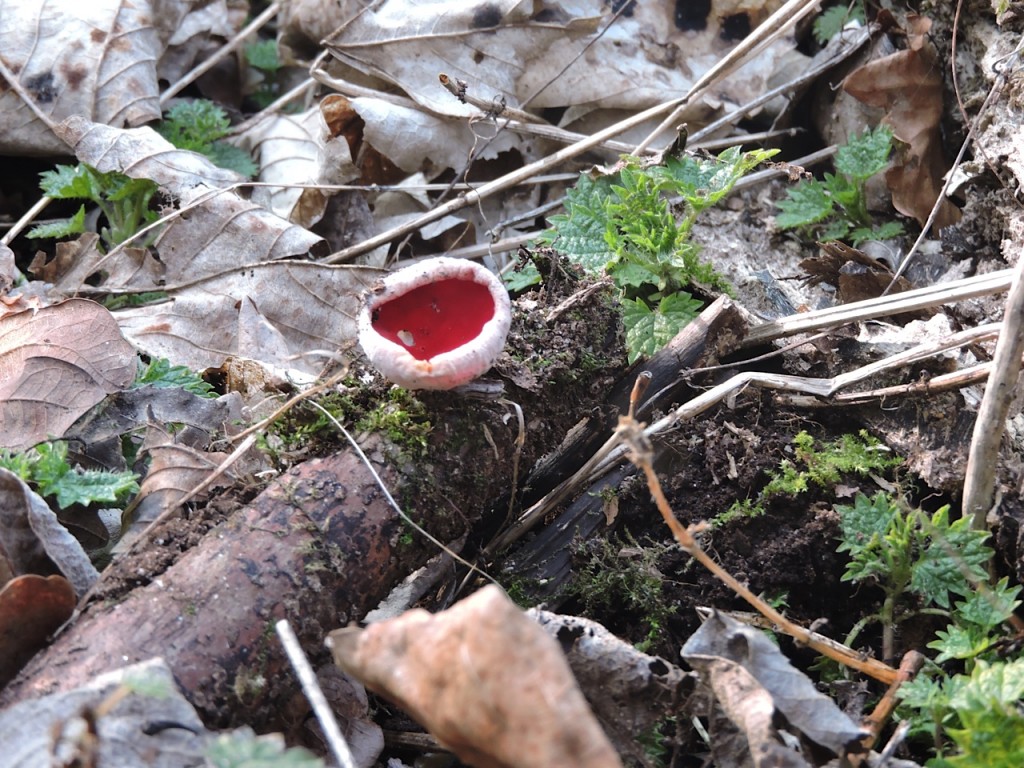The full moon of April and its light, as always, witches the night. I remember, on such a night as this, quite some years ago now, another April, when Spring had spelled the plum and cherry trees and each arm of which was ruffed with white blossom. We stood under these trees and in the soft stir of air it snowed petals. The full moon sailed into sight and he points and, for a long moment, the moon seems balanced on his pointing finger. Masked by shifting shadows and lit by the moon’s quiet light he becomes a magician of the night.
In this country we see the Man in the Moon but in other countries they see, not a man but a hare and here is how this happened.
Prince Siddhartha left his kingdom in the skies and lived on earth and, because of his wisdom, he became called Buddha which means ‘enlightened’. He lived as a hermit and once he met an animal whose kindness was an example to both Gods and Men. The Lord Buddha was sitting in the shade of a banyan tree on the edge of a forest. The sun poured its golden light through the leaves like milk into a cup. He had lit a fire and his pot of water was boiling but, alas, he had nothing to put in it to make a meal. A jay, war painted with blue barred wings, flew by with a spray of little dark cherries, dark as night, in its beak and let them drop into the pot. A monkey swung down and tossed a handful of beans in and a cobra with hooded head brought spices, cumin, coriander and cayenne. A wild dog sneaked near and splashed a stolen egg into the boiling water. Next came a little hare and he spoke to the Buddha,
‘You have the look of a good and gracious man but also that of a hungry one.’
‘That is quite true my long eared friend,’ replied the Buddha, ‘but my friends are helping me.’
‘I have nothing but myself O Lord Buddha. Enjoy your meal.’
With that the little hare leaped into the pot of boiling water. Down he went and the water hissed, steamed and bubbled but to the hare it felt cool like soft refreshing rain. With the speed of a striking hawk the Buddha snatched the hare from the pot.
‘Those who give of themselves little Leaper-in-the-Corn are greatly blessed, it is the greatest gift of all. You will live for ever Little-Racer-Round-the-Field to dance for joy on the moon.’
Then the Buddha hurled the hare up, up and up till he landed on the moon. Now all of us in this world can look up at night and see the Buddha’s friend, the little hare and remember his generosity and nobleness.
Here’s hoping that those people who think it legitimate sport to hunt and harry the hare will be equally generous and merciful.
Pat Mlejnecky


